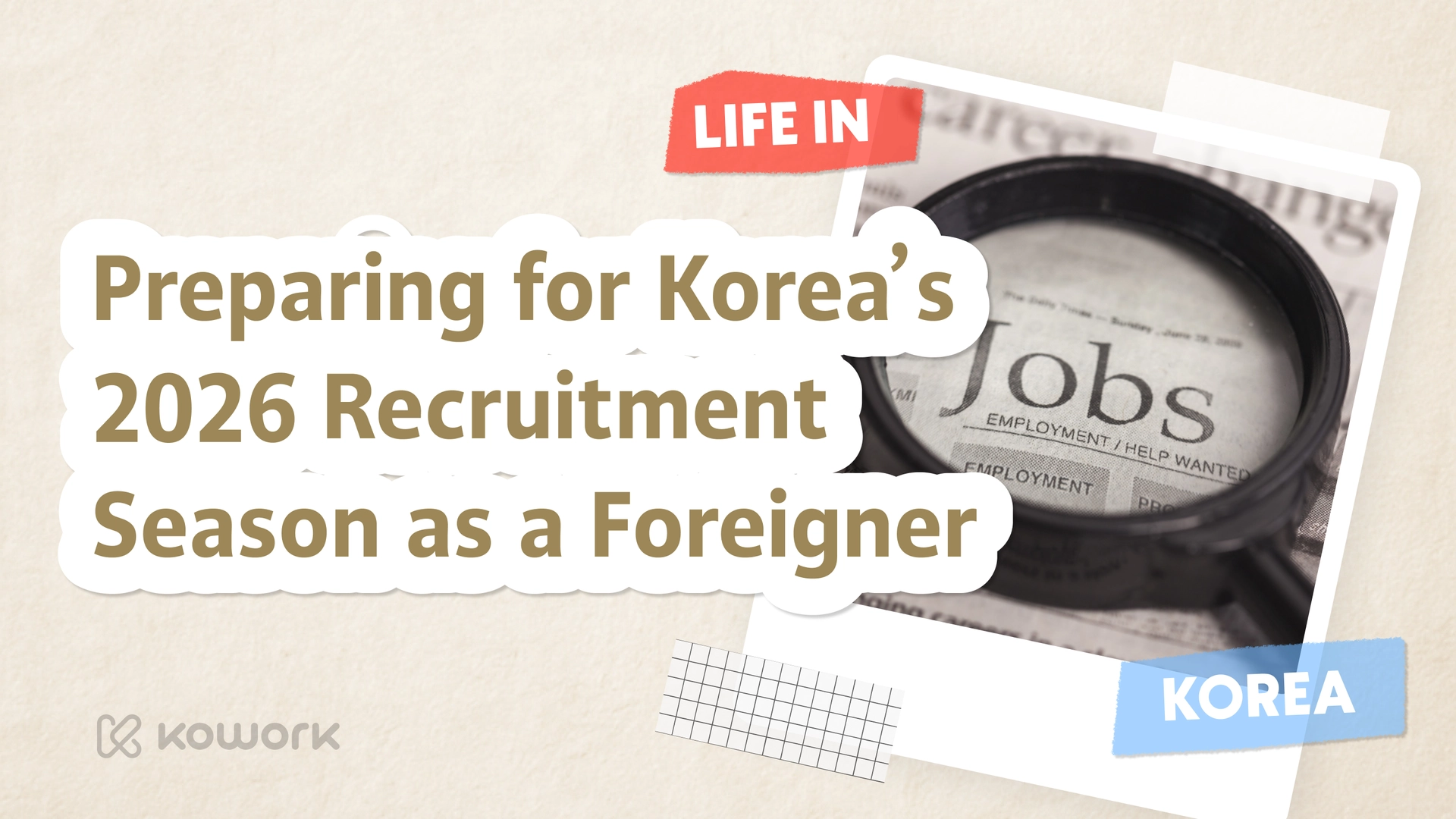- Introduction of the
Pre-Announcement System for Total Quotas of Work Visas
, disclosing the issuance scale of major employment visas by field in advance. - Establishment of a comprehensive
Foreigner Administration Information Platform
enabling the exchange of necessary data among government departments for foreign administrative tasks. - Standardization of basic personal information for foreigners across government departments to comply with international standards, through the promotion of
Cross-Government Standardization of Foreigner Basic Personal Information
. - Creation of a
Domestic Study Abroad Talent Visa Linkage Track (D-2 → D-10 → E-7 → F-2)
to allow international students to work and settle in industries facing labor shortages after graduation.
- Activation of the
Fast-Track for Outstanding Talent Permanent Residency and Naturalization
, enabling rapid acquisition of permanent residency and nationality for those obtaining doctoral degrees in specialized institutions in the field of science and engineering. - Attraction of
Outstanding Foreign Researchers
to enhance national research competitiveness and global networks. - Innovative expansion and improvement of skilled workers to address the shortage of skilled labor in industries affected by short-term fluctuations.
- Annual Intake Scale: ('18) 600 people → ('20) 1,000 people → ('22) 2,000 people →
('23) 35,000 people
- Promotion of the introduction of foreign workers in the care field, such as
Caregiving and Nursing
, to meet the increasing demand for foreign labor. - Expansion of the scope of allowing unskilled foreign labor in industries facing shortages, such as
Restaurant (Kitchen Assistants), Forestry, and Mining.
- Support for inbound entrepreneurship and employment through the
Overall Assistance for Startup Immigration System (OASIS)
, fostering overseas startup development talents. - OASIS (Overall Assistance for Startup Immigration System): A program supporting the acquisition of a foreign technology startup visa operated by the Global Startup Immigration Center jointly designated by the Ministry of SMEs and Startups and the Ministry of Justice.
- Regularization of
Region-Specific Visas
for addressing population decline and regional extinction. - Expansion of
Public Seasonal Employment
to alleviate the shortage of labor in rural areas. - Analysis and provision of customized foreign administrative data for local governments, including population distribution, foreign student distribution, school majors, foreign employment by industry, and inter-regional migration.
- Improvement of the
Electronic Travel Authorization System (K-ETA)
for enhanced user convenience, including multilingual support, extended validity periods, and exemptions for youth and the elderly, to promote tourism industry activation. - Expansion of the issuance of
Group Electronic Visas
, previously issued for incentives and math travel groups from some Southeast Asian countries, to include ordinary tourists. - Introduction of a new visa,
Workation Visa
, allowing remote workers from abroad to enjoy tourism while residing in South Korea. - Workation: A blend of work and vacation, allowing remote workers to enjoy tourism while working remotely in a destination.





































